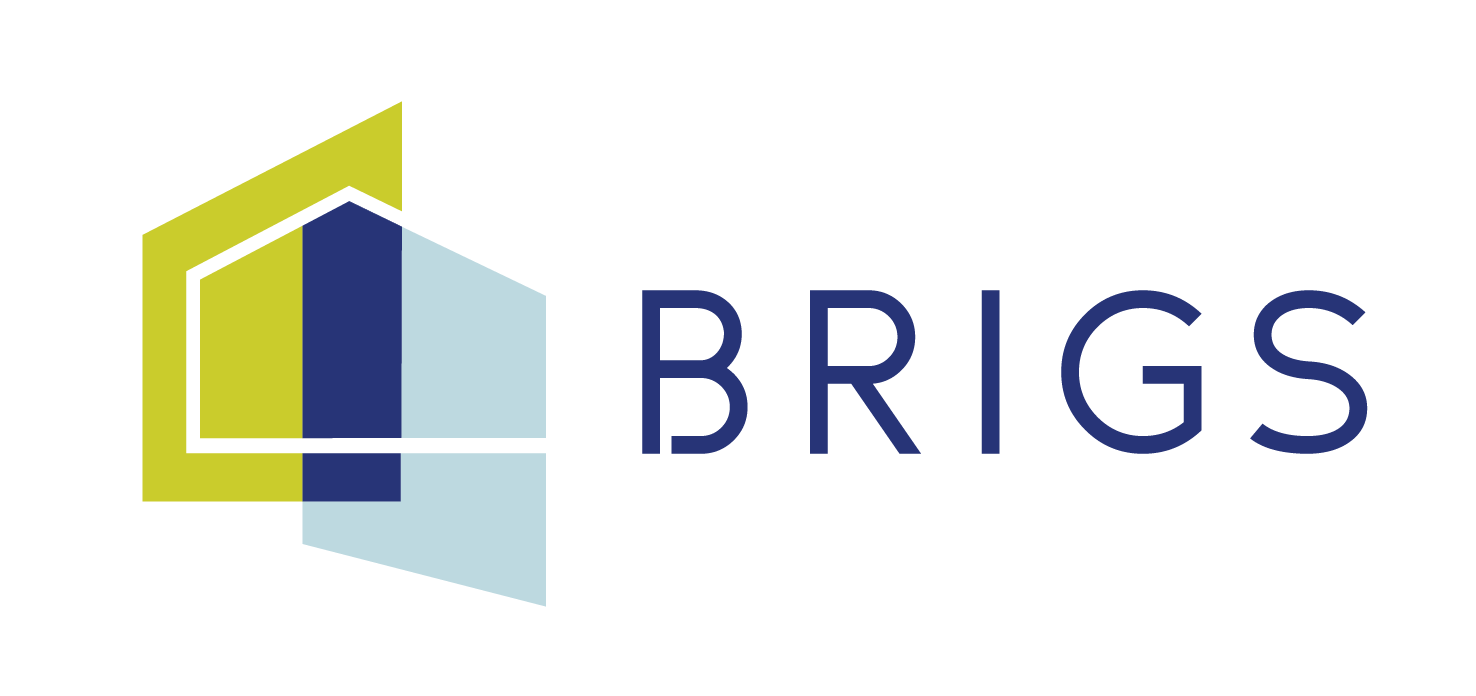The Power of Knowing Your Team
Boosting Productivity and Building Sustainable Relationships
By Michael Valente, Sr. VP of Condominiums
In today's dynamic work environment, the role of a leader transcends beyond mere management. One of the most vital aspects of effective leadership is understanding and knowing your team. This not only enhances productivity but also fosters sustainable working relationships. Here’s why investing time in getting to know your team can yield substantial benefits for your organization.
Understanding Individual Strengths
In every organization, the diverse talents and skills of team members are invaluable assets. Understanding these individual strengths is crucial for effective task allocation, ensuring that each person is positioned in roles that best utilize their capabilities. This strategic alignment not only enhances productivity but also significantly improves job satisfaction, as employees feel both valued and rightly placed.
Moreover, recognizing individual skills is vital for fostering career growth within the company. This understanding can reveal potential candidates for new roles internally before seeking talent externally. It encourages team members to aspire beyond their current roles, promoting professional development and internal mobility.
By fostering an environment where skills are recognized and nurtured, leaders can not only optimize their workforce but also build a more supportive and ambitious team culture. This approach not only benefits the company in terms of innovation and efficiency but also boosts morale and loyalty among employees. Thus, knowing and leveraging the strengths within your team isn't just about filling positions effectively—it's about building a resilient, adaptable, and thriving organizational ecosystem.
Building Trust and Open Communication
Trust is the cornerstone of any successful team. By getting to know your team members on a personal level, you build a foundation of trust that encourages open communication. When employees feel comfortable expressing their ideas and concerns, it leads to a more collaborative and innovative work environment. Open communication also helps in promptly addressing and resolving conflicts, thus maintaining a harmonious workplace.
Fostering a Positive Work Culture
A leader who knows their team well can cultivate a positive work culture where employees feel respected and appreciated. This positive environment is crucial for employee engagement and retention. When team members feel acknowledged for their contributions and understood as individuals, they are more likely to be committed to their roles and the organization.
Enhancing Motivation and Morale
Knowing your team means understanding what motivates them. Different individuals are driven by different factors – some by recognition, others by personal growth opportunities, and others by a sense of accomplishment. By tailoring your motivational strategies to meet these diverse needs, you can significantly enhance overall team morale and productivity.
Encouraging Professional Development
When you know your team members’ career aspirations and areas for development, you can provide targeted support and opportunities for growth. This not only helps in building a more skilled and capable team but also shows your commitment to their professional development. Employees are more likely to stay with an organization that invests in their future.
Adapting to Change
Teams are often faced with changes, whether due to new projects, shifting market conditions, or internal restructuring. Leaders who know their team well can manage these transitions more smoothly. Understanding how each team member copes with change allows you to provide the necessary support and resources, ensuring a seamless adaptation process.
Strengthening Team Cohesion
Team cohesion is strengthened when members feel a sense of belonging and mutual respect. Leaders who take the time to understand team dynamics can foster stronger relationships within the group. This unity not only improves teamwork but also enhances the overall performance of the team.
Practical Steps to Get to Know Your Team
1. Regular One-on-One Meetings: Schedule consistent one-on-one meetings to discuss not just work-related topics but also personal interests and career goals.
2. Team Building Activities: Organize team-building exercises that encourage interaction and collaboration in a relaxed setting.
3. Active Listening: Practice active listening in all interactions to show that you value their input and understand their perspectives.
4. Feedback Mechanisms: Implement regular feedback sessions where team members can voice their opinions and suggestions.
5. Personal Touch: Remembering small details about your team members, such as birthdays or personal milestones, can go a long way in showing that you care.
The importance of knowing your team cannot be overstated. It is a crucial aspect of effective leadership that enhances productivity, builds sustainable relationships, and creates a positive work culture. By investing time and effort into understanding your team, you can unlock their full potential and drive your organization towards greater success. Start today by taking small steps to get to know your team better – the results will speak for themselves.
